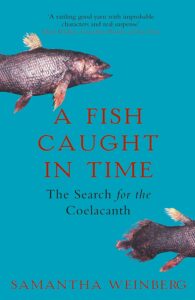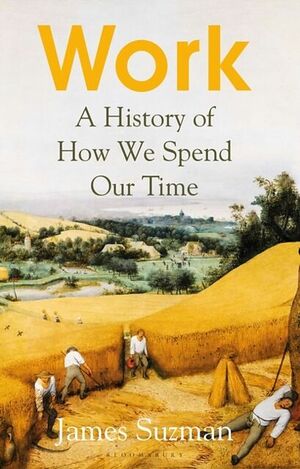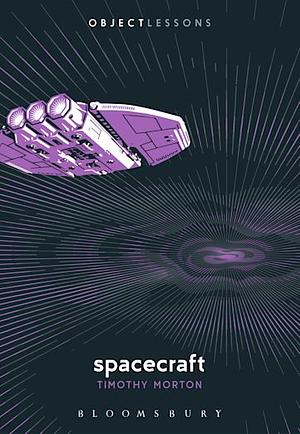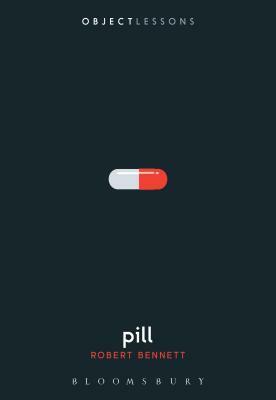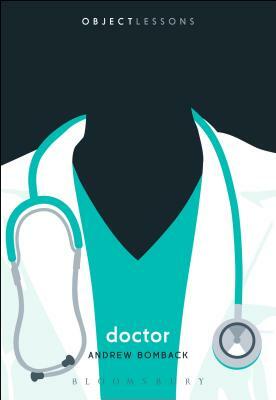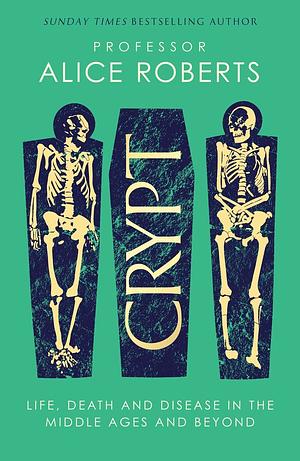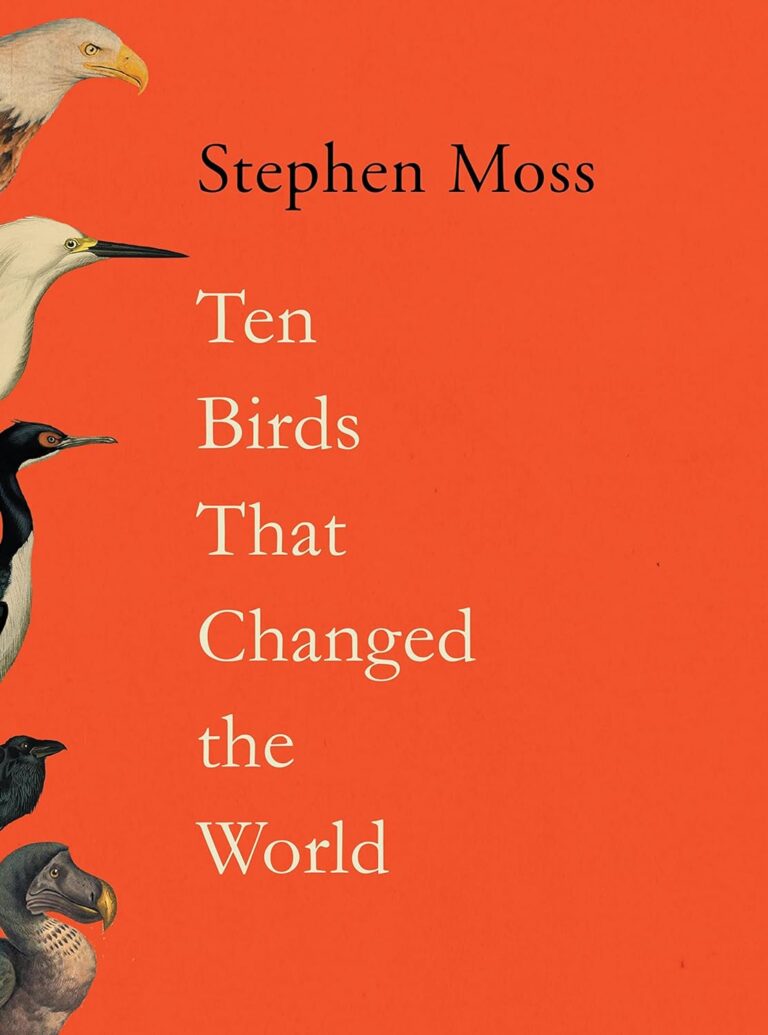
Ten Birds That Changed the World
by Stephen Moss
Genres: History, Non-fiction, SciencePages: 416
Rating:

Synopsis:For the whole of human history, we have lived alongside birds. We have hunted and domesticated them for food; venerated them in our mythologies, religions, and rituals; exploited them for their natural resources; and been inspired by them for our music, art, and poetry.
In Ten Birds That Changed the World, naturalist and author Stephen Moss tells the gripping story of this long and intimate relationship through key species from all seven of the world's continents. From Odin's faithful raven companions to Darwin's finches, and from the wild turkey of the Americas to the emperor penguin as potent symbol of the climate crisis, this is a fascinating, eye-opening, and endlessly engaging work of natural history.
Stephen Moss’ Ten Birds That Changed The World is a style of non-fiction I enjoy very much, where history gets illustrated through a focus on key things like archaeological items or, well, birds. Instead of being a straightforward timeline, such things can give a different view on well-worn events and times: an everyday view, or a less human view.
Much of this focuses on how humans have exploited and endangered birds, as one might expect, from climate change to more direct impacts. There are also interesting discussions about other things, though, like the fact that “Darwin’s finches” have become the focus of a sort of mythology around the figure of Darwin. In reality, the finches played little part in the germination of his theories, and were recognised later as the perfect example of his theories in action.
One thing I found a bit questionable was the focus on ravens as mentioned in what Moss referred to as one of the earliest stories, that of the Biblical flood. He’s wrong. The same story is told in the epic of Gilgamesh, also featuring a raven — and that epic was, of course, written before the Bible. It’s curious that he makes no mention of it, but perhaps it’s not very surprising at all since he matter of factly refers to “the birth of Christ” as a way of marking time (not just through using the term “BC”, but specifically stating that something happens “before the birth of Christ”). There’s a particular kind of framing there, subtle but noticeable, and it raises questions about the depth of Moss’ research when discussing mythological and legendary depictions of birds (at the very least), or about his ideological decisions in writing the book. Definitely a weird moment. Of course one’s beliefs shape how one writes and thinks, but a little objectivity is important when you’re talking about historical fact.
All in all, I enjoyed it, but perhaps not as much as I hoped to.
Rating: 3/5

